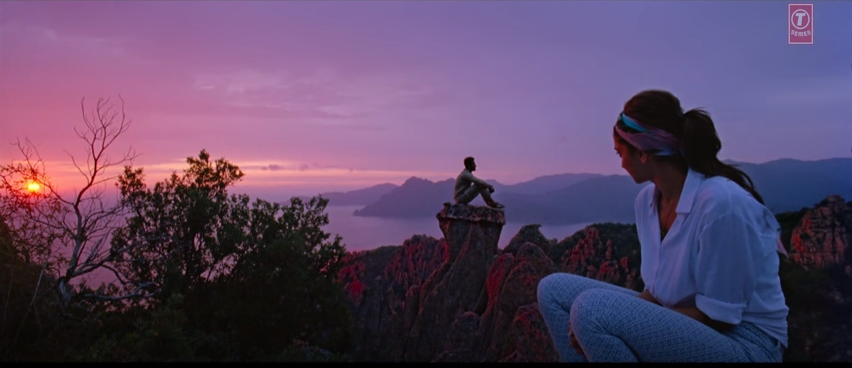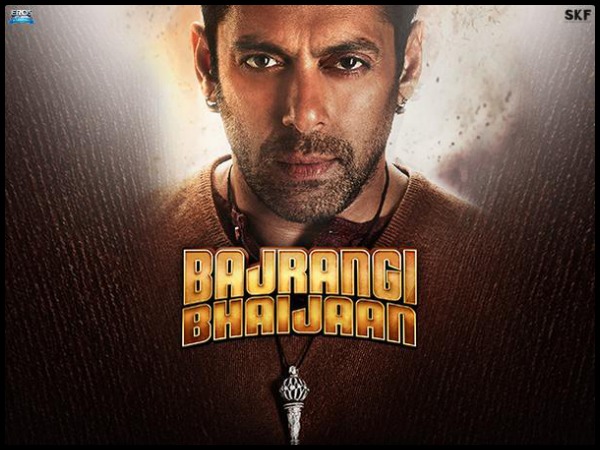D Day
D-Day : Movie Review
2 & 1/2 stars out of 5 (above average)
Director : Nikhil Advani
Hindi (English subtitles available) , 2013
When I first watched N. Pandey’s "A Wednesday" , and after particularly feeling the brunt of the tour-de-force willpower in its climax, my eyes misted up. I want to change the situation of my country, but I cannot do something about it right now, and here was a work that showed with formidable force -"If you hurt my country, I will not let you go unpunished". There was a time when India was led by kings who believed in a ferociously disciplined form of Dharma, they even disallowed some of their own sons from inheriting the throne because the latter were unfit for it. Now our so-called leaders, elected by us -the impotent public - not only let super-criminals bask in their haunts, but also let the country drown while themselves sinking due to their weighted pockets. U.S.A on the other hand , inspite of their imperial greed, hunted down Osama Bin Laden no matter how many lives and millions of dollars it took.
D Day takes off from there. Dawood Ibrahim emerged from the bowels of Bombay, descended further to destroy the city and ran to become a paying guest in Pakistan. Since he has not detonated bombs in America, he is safe from Uncle Sam’s bullet, while India makes feeble attempts to nab him, and spends a hundred-fold more effort in planning who is going to win the next domestic elections. Writers Ritesh Shah & Suresh Nair, and director Nikhil Advani have other ideas- they have blood on their minds. Gatecrashing the neighbour’s home and taking stuff from there is not alien to Indian culture, and D Day gets into this mood. Right off the bat, we are hit with a terrific opening sequence -the likes of which has never been encountered in Indian cinema. Action cuts between an arriving entourage, a rollicking party with ’Dum Mast Kalandar’, and an attack squad that is hell-bent upon capturing India’s Most Wanted Man. His name is never mentioned in this movie, but ISI, RAW, German Bakery and Hyderabad blasts are explicitly mentioned.
Sound effects are superb, the camerawork is cutting-edge, heads are smashed into fire extinguishers and bullets expertly sprayed as the assasin squad plows into a building. Flashback reveals the planning done, moles assiduously planted, huge spills enroute, and the soul-aching costs.
Our Indian pals who do the dirty but noble job are four in number, and they are set into motion by the Hyderabad blasts shown to be reluctantly sanctioned by Karachi Ka Damaad. Rudra (Arjun Rampal) is the most impressive of the gang -a kick-ass mercenary who’s the modern version of Sunny Deol in Gadar- both want to alone take on all of Pakistan. Attempting to reprise the greatness of Corbijn’s "The American", he poignantly romances a sex-worker-an affecting turn by Shruti Hassan. Her face is made more interesting by a scar (as if being a sex-worker is not scar enough) That scar is also a harbinger for the much bigger one that mars the movie’s second half. The enchanting Huma Qureshi competently enacts Zoya -an explosives expert -she comes to close to being that visually, but the physicality tilts more towards being overripe than luscious. Ratty shades of Aslam - a tortured two-timer- are well filled in by Aakash Dahiya. Irfan Khan is given a complex role which deserved to be made a richer, more deeply drawn one than the foolishly melodramatic one which his character is saddled with eventually.He becomes a man who is haunted and caricatured by the family he has to leave for the sake of his country.
D Day is an excellent example of how to destroy a great beginning. After all the fireworks in his possession, Advani fails to keep up the imagination, and repeatedly poisons us with melodrama. He refuses to make this a crisp 2 hour scorcher minus the extra 30 mins; the plot resultantly overstays its novelty and stretches till its bones break and its flesh sags grotesquely. And ultimately it was his responsibility to make Karachi’s Bad Man a meaner, more memorable figure.
But his triumphs deserve special mention. That opening salvo apart, he goes on to admirably orchestrate the movie’s first half by succintly introducing each of the hit-squad quartet, there’s a bus-borne bruising chase on Karachi roads, not a single bad performance exists in the entire movie, a Pakistan city is evoked without entering that country in reality. Also, a twist blindsides us after an unsparing shower of trash, and a brilliant monologue at the end parodies our nation’s present. His resolve to get a foreign action director pays off handsomely.Songs blend stylishly into the narrative - "Alvida" makes a modern Indian song inform the sequence of a lover visiting a brutalized bloody past. "Mursho Khele Holi" uses an Islamic fiesta that ends with an intimate raw scene of a young woman washing the colour of revenge away. "Ek Ghadi" builds wonderful mehfil.
And what’s with the moronic idea of bringing a super-criminal back to the country that hunts him? Such poetic justice has no sanction in real life, and such missions are fraught with multiplied risk and poorer chance of success.There’s an early scene in which Rudra sees Dawood in his binoculars, a successful sniper-shot there would have been much smarter, at the cost of prematurely ending the film. But Advani prefers to take his shots at Arnab Goswami, Rajdeep Sardesai and the Kasab circus.
Rishi Kapoor continues to invert his heroic jawaani of the 1970s with a sucession of negative roles in the evening of his career, and many amongst the audience continue to go fida over his supposedly awesome acts, while it is perhaps my fate to be again unmoved by his turn. Kapoor’s best moment comes when he blooms sarcastically in the desert, but his un-named Dawood is a looser, merrier, less sinister version of the Don who antagonizes India. Even when he mouths Marathi, he seems to be from Punjab, not from Mumbai tenements.
People have made fun of any such Indian mission of capturing Dawood, but it is probable that if men like Narendra Modi (or, for that matter, the Congress party) had spared the innocent Muslims in India, and concentrated instead on gunning for this mass-murderer hiding in Karachi, we’d have made actual progress in "getting" him. "D Day" ,almost in a purposely pulpy half-satirical way, posits that this mission is better done relatively decentralized, with the executive field-level task outsourced to a maverick bunch. But even in this semi-serious scheme of things, the film becomes irresponsible by showing RAW bigshots discussing top secrets within earshot of the entire working-class office. Such blunders co-exist with technical chutzpah and bravura moments of stylized emotion. The premise of D Day is electrifying - but the sparks gradually peter out.
UPN
UPNWORLD welcomes your comments.












0 COMMENTS
WRITE COMMENT